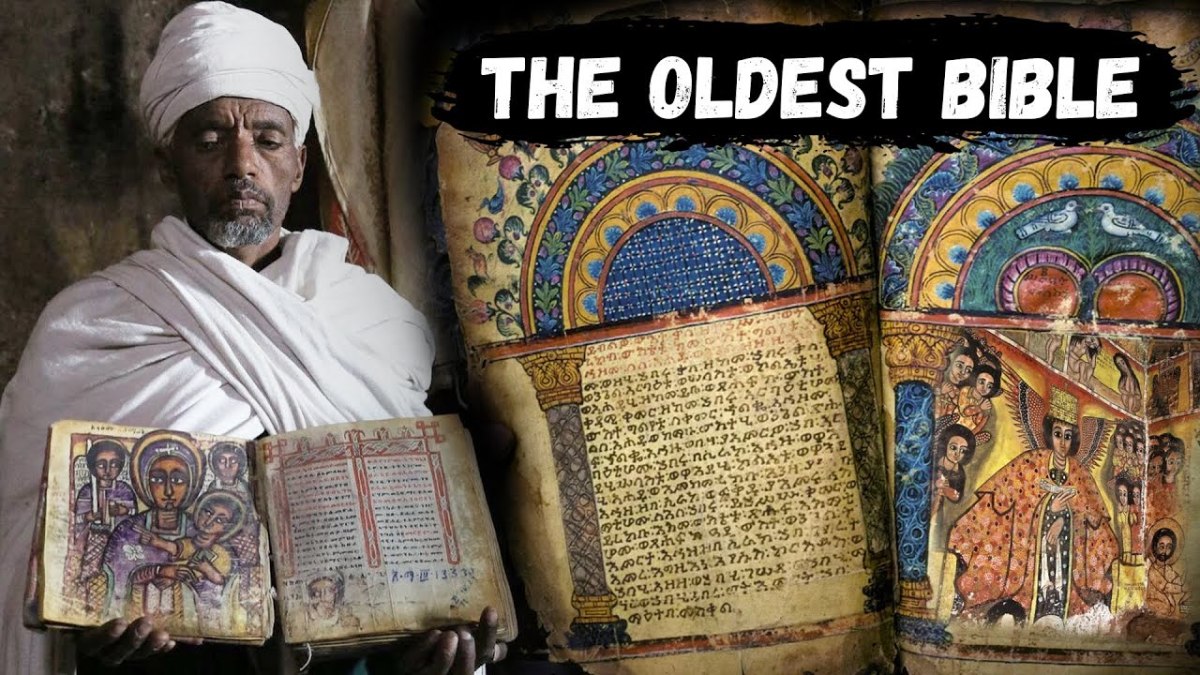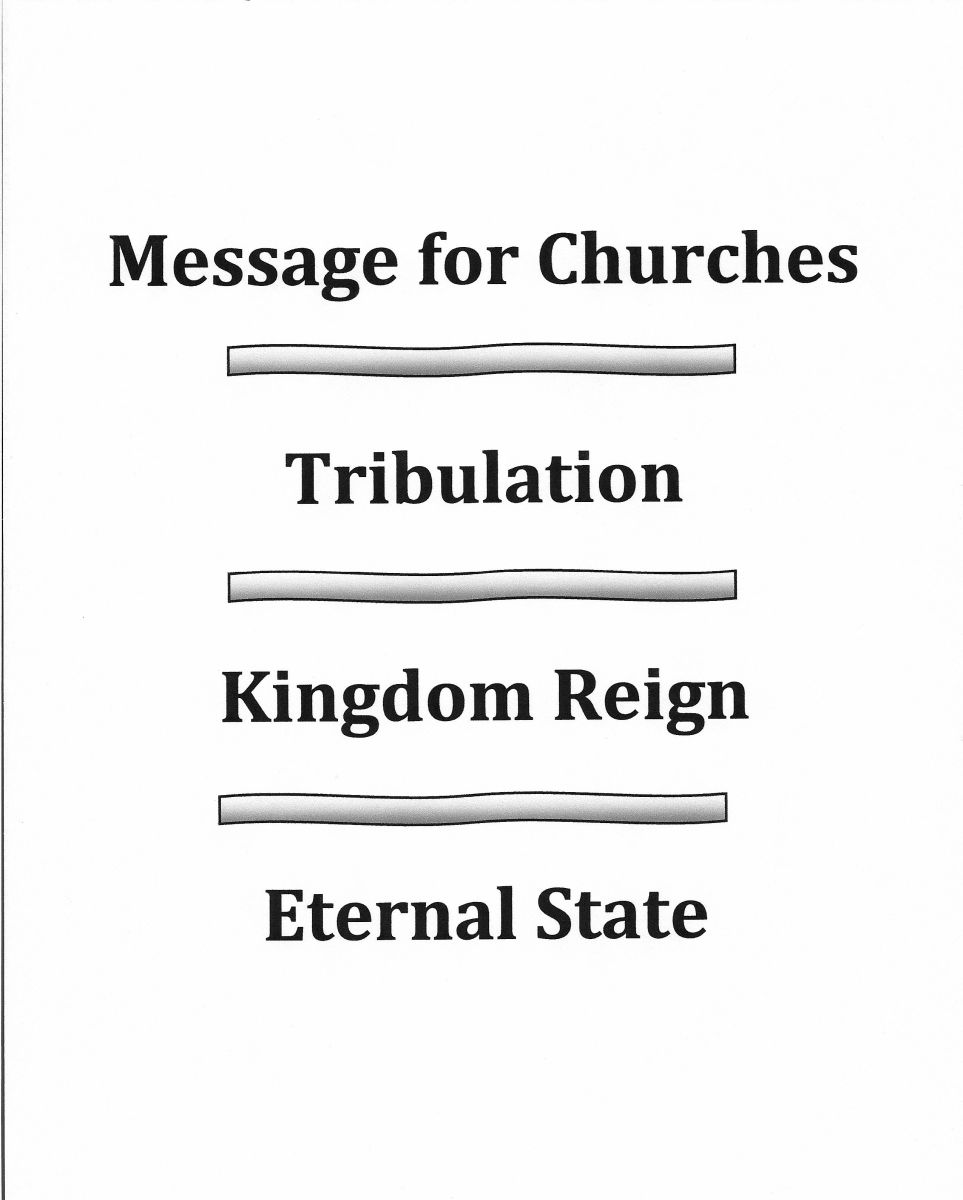Bible: What Does John 12 Teach Us About Christ's "Triumphal Entry" into Jerusalem?
The Apostle John

Mary of Bethany
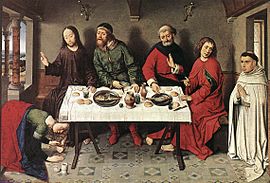
Judas Iscariot
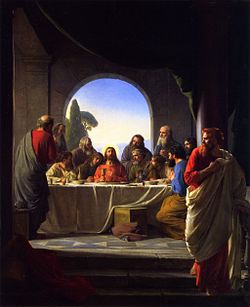
Mary Anoints Jesus
Six days before the Passover, the Lord visits Lazarus, Mary, and Martha in Bethany (v. 1).
(According to Matthew and Mark, they had a dinner party at the home of Simon the leper on Wednesday of that week).
The Apostle John emphasizes that the newly raised Lazarus sat at the table with the Lord—and undoubtedly with Mary also—, while Martha served supper (v. 2).
Mary methodically arises from the table, brings a flask of oil—its contents may have cost the family a year’s wages—, lovingly anoints Jesus’ feet with the precious substance, and wipes them with her hair (v. 3).
Among the attendees at the dinner party sits future traitor Judas Iscariot, who objects to Mary’s action, calling it a waste of money.
He also indicates that he could have sold the oil for a tidy sum (no doubt pocketing his management fee in the process!), and given the proceeds “to charity” (vv. 4-5).
John (the narrator) notes that he knew that Judas, the keeper of the money box, was also a thief who often pilfered silver from it (v. 6).
[Does this incidental comment intimate that Jesus felt little concern about finances, because He assigned a thief to handle them?
It is strange that Matthew, a former publican, did not manage the group’s living expenses; maybe he no longer trusted himself with money.]
Jesus rebukes Judas for making this comment, maintaining that Mary had saved this love gift to anoint Him at His burial (v. 7).
[This noteworthy ceremony shows that she had believed Jesus’ predictions of His death.
It is also interesting that Jesus’ resurrection never allowed Mary to anoint His body, so this occasion appeared to be the only time that she could have done so.]
He points out that believers can give alms to the poor anytime they wish, for the latter will always exist for them to help (cf. Deut. 15:11).
Jesus, however, reminds them that He is present with them only a short time longer; therefore, He does not regard Mary’s adoration as out of line (v. 8).
John then adds that, by virtue of his being raised from death, Lazarus becomes a major tourist attraction in Bethany (second only to Jesus).
The Jewish leadership, however, continue seeking opportunities to kill him, because the man’s continuing existence not only provided a powerful witness to the Lord’s authority over death, but also contributed to leading the common citizen to trust Jesus as Messiah (vv. 9-11).
Jesus' Triumphal Entry into Jerusalem
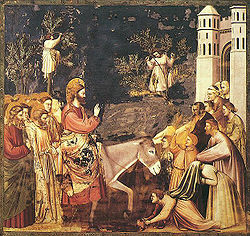
King Jesus Riding into Jerusalem
view quiz statisticsJesus Fulfills Old Testament Prophecy
The apostolic writer now inserts (out of chronological order) the account of Jesus’ triumphal entry into Jerusalem, for it had occurred earlier in “Passion Week.”
Verses 12-15 differ little from the Synoptic accounts—a palm branch-carrying multitude crying out Psalm 118:25-26 (the coming of the Messianic king of Israel), and King Jesus fulfilling Zechariah 9:9 by riding a young donkey into Jerusalem.
John’s commentary on this event adds insight into the mindset of four groups: the disciples (v. 16), witnesses to the raising of Lazarus (v. 17), “the people” (v. 18), and the Pharisees (v. 19).
Concerning the disciples, the text points out that perhaps in the excitement of the historic moment, they did not comprehend what was happening (v. 16a).
Only after the Ascension (“when Jesus was glorified”) would they remember the Scriptures cited above and understand that He had fulfilled them (v. 16b).
John does not explicitly state what “things” they had done to Him, but it may refer to their donkey-retrieval service (v. 16c).
The apostle then notes that those who saw Jesus raise Lazarus from the grave now also bore witness to the entry of the King into Jerusalem (v. 17).
He identifies a third group (“the people”) that visits with the Lord at this time because they heard the news of this “sign” (that is, the raising of Lazarus) [v. 18].
Finally, it reports the Pharisees’ frustration as they hold a community lament, confessing their failure to preclude Jesus’ “world” popularity from taking place (v. 19).
[During the Passover, Jewish citizens from other nations come to Jerusalem to worship; in addition, Greeks attended the feast (v. 20).
Therefore, the Jews’ contention that the “world had gone after Him” was probably not too hyperbolic.]
The Apostle Philip

The Grain of Wheat
view quiz statisticsThe Gentiles Seek Jesus
The Greeks’ wishing to see Jesus (v. 21) may have "thrown a monkey wrench" into the machinery of Philip’s world-and-life view.
In other words, this disciple can no longer maintain that the Jews alone are the chosen, for he does not immediately bring them to the Lord; instead, he consults with Andrew first, and then both of them approach Jesus (v. 22).
[John reports nothing more about Jesus’ disposition of the Greek issue.]
Greek interest in Christ indicates to Him that His “hour” to be glorified had finally arrived (v. 23).
This glorification, however, would not come about through the disciples’ armed conflict with the Romans, but through His literal dying as a figurative grain of wheat.
Christ’s death (and subsequent resurrection) provides the basis for the production of many disciples (“fruit”) through their faith commitment to Him (v. 24).
Jesus’ illustration points out that living for selfish purposes results in spiritual poverty both now and in the afterlife, but self-sacrifice brings great reward in the kingdom of God (v. 25).
Servants of Christ follow Him wherever He leads, and the Father will honor them for their loyalty (v. 26).
Although Jesus’ human nature recoils from the prospect of death, He does not allow emotion to deter Him from following His Father’s purpose in sending Him to Earth (v. 27).
Life and Death

The Impact of the Cross of Christ
Christ carries on a brief conversation with the Father during which the Former acknowledges His readiness to execute the Plan (v. 28a), and the Latter audibly responds by honoring the Son’s obedience from beginning to end (v. 28b).
[Whether John actually heard the Father’s voice is uncertain.
However, it is certain that when the apostle wrote this gospel, he received revelation from the Spirit as to what the Father replied on this occasion.]
One part of the multitude perceives the Father’s voice as thunder, and another thinks the sound comes from an angel; Jesus, however, informs them that this heavenly message did not come to comfort Him, but either to warn or benefit them (vv. 29-30).
On the one hand, those opposing Him (“the world” of mankind and its ruler [Satan]) His crucifixion death will condemn; on the other hand, His sacrifice will lay the foundation that God will use to create a universal family (“all kinds of people”) which Christ will win to God’s side (vv. 31-33).
[This latter clause provides an answer for the inquiring Greeks (cf. v. 21).]
Confusion reigns among the people regarding Jesus’ teaching on this matter.
They cite their understanding from the Law that the Christ is eternal, yet they hear Jesus say that He (whom they recognize as the Christ, the Son of Man) would suffer crucifixion.
Therefore, they question Him about the identity of “this Son of Man” (v. 34).
[Interestingly, Jesus did not refer to Himself in this context as “the Son of Man"; the people inserted that title into His statement (cf. v. 32 with v. 34)].
Jesus exhorts them to believe in Him (“the light”) in order to become “sons of light,” for their continual unbelief will result in their becoming lost in the darkness (vv. 35-36a).
Apparently, at this point, Christ senses that they sought to arrest Him, so He somehow hides Himself from them (v. 36b).
Isaiah 53: "Who Has Believed Our Report?"
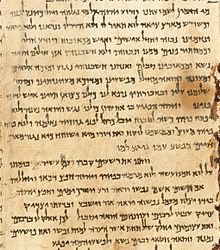
Unbelief and "Belief"
Verses 37-50 consider two groups’ responses toward Jesus’ message.
First, John examines those who “did not believe in Him” (v. 37), and then those who “believed in Him” but did not confess Him (v. 42).
John notes that the former company fulfills one of Isaiah’s prophecies that state that many Jews would not accept the prophet’s message about the Messiah (vv. 38-39; cf. Is. 53:1).
Applying Isaiah’s vision-inspired conclusion to his contemporary scene, the apostle asserts that the LORD prevented recalcitrant Jews from repenting (vv. 39-41).
[One should not understand this judicial hardening as a whimsical display of Omnipotence, but as a just response to obdurate unbelief.
God simply confirmed spiritually dead Jews in the state in which they existed and had perpetuated within themselves.]
The second group consists of certain rulers whose fear of losing social status caused them to keep silent about their belief in Christ; they manifest the same kind of cowardice as did the parents of the blind man, whom the Pharisees had excommunicated (vv. 42-43; cf. 9:22).
[Is this “faith” still the kind that saves, or is it a “dead faith”?]
In addressing the topic of belief and unbelief (vv. 44-50), Jesus presents three truths about believers:
(1) Those who believe in Him actually (or also) believe in the Father (v. 44);
(2) Using the synonym “see” to express the same idea as belief, Jesus states that believers “see” the Father (v. 45; cf. 14:9);
(3) Those who believe in Christ as the “light of the world” do not abide in darkness (v. 46).
The “word” that Jesus spoke—the authoritative message that His Father commanded Him to speak (v. 49)—will judge at the Great White Throne those who did not believe it (v. 48).
Christ asserts that, in His Incarnation, He purposes “to save the world,” not to judge it (v. 47); the Father had commanded the Son to speak words of everlasting life, and He has obeyed Him perfectly (v. 50).
© 2014 glynch1




